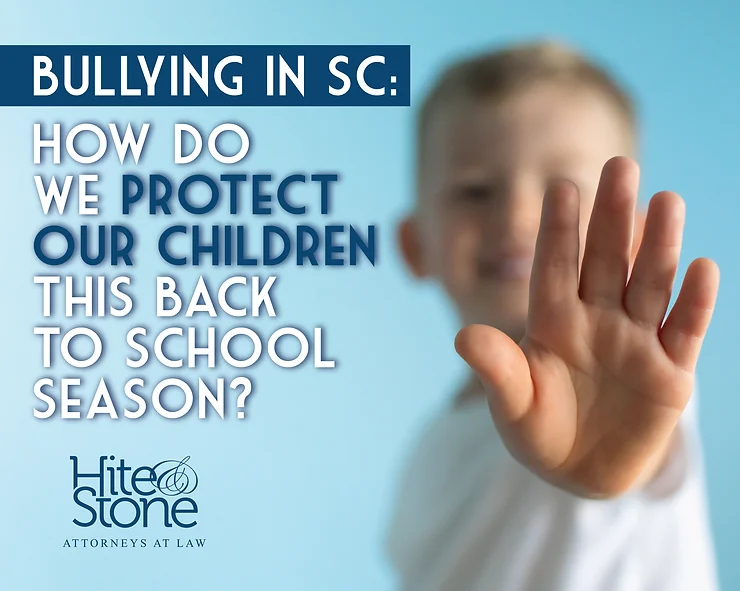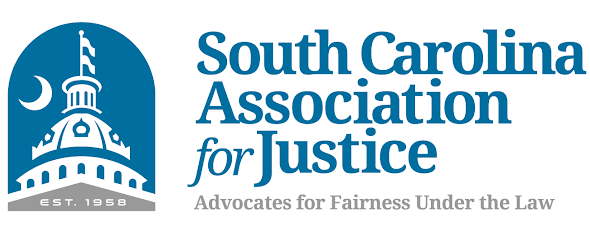Back to school season fills many families with dread, some of which can be attributed to bullying. Bullying affects many lives– whether your child has been the victim, the one doing the bullying, or a witness to bullying. The Journal of Adolescent Health states that about 75 percent of all students have experienced bullying, which is defined by MedicineNet as “unwanted physical or verbal aggression directed at a specific person, repeated over a period, involving an imbalance of power, and acts to exclude the victim from a group.” While there are various reasons why bullying may occur, the common thread seems to be the desire for power and control.
How does Bullying Affect Children?
Bullying does not only impact children while they are in school, but the trauma can continue throughout their lives and disrupt the normal developmental process. A study conducted by Van der Wal, et al. (2003) found that depression and suicidal tendencies are closely related to being bullied for both boys and girls, but these are stronger with indirect bullying than with direct. Surprisingly, bullying offenders have also been found to show depressive symptoms and suicidal ideation– not just the victims. With this, it is important for schools and parents to understand how all parties can be affected by bullying and the steps to take to prevent it from occurring in the first place.
Why do Bullies Bully Others?
It is important to understand that many bullies experience their own hardships, causing them to take their struggles out on those who cannot defend themselves to give them a sense of power over someone else. These hardships can include physical or verbal abuse, violence at home, or other painful experiences.
How Can We Help Stop Bullying?
According to the Crisis Prevention Institute, schools should refer offenders and victims to a counselor. In addition, school counselors should perform reflective interviews with bullies to make them aware of the impact they could be having on their victims. Victims of bullying must be empowered with confidence and assertion, so it is important for school officials to hold a meeting with both the offender and the victim to reconcile, taking away the sense of power from the bully.
How Can You Tell If Your Child Is Being Bullied or is a Bully?
Many children who are bullied, or are the perpetrator of bullying, are too ashamed to ask others for help. That is why it is important to know the possible signs a child is being bullied or that a child is bullying others.
Some Signs a Child Is Being Bullied Include:
-
- Changes in eating habits
- Decline of grades
- Frequent complaints of headaches or stomach aches
Some Signs a Child Is Bullying Others
-
- Increasing Aggression
- Overly competitive
- Very concerned with their social status
Via: https://www.stopbullying.gov/bullying/warning-signs
How Do You Help Protect Your Child From Bullying?
Educating children about bullying is the first step to keeping them safe. When children know what bullying is, they have an easier time identifying it whether it is happening to them or to a peer. Encouraging your child to be kind and inclusive to others is a great way to battle against the efforts of bullies to exclude less confident children. Boosting your child’s confidence also helps them combat bullying. Get them involved in activities they are passionate about and help them find others who share those interests.
Talking to children about bullying also encourages them to be more open about the subject, which in turn safeguards them from dealing with the problem alone. Perhaps the best way to protect your child from bullying is to be a role model for them. Children look to adults for how to behave, so actively treating others with kindness and respect shows your child how you would like for them to treat others and what is expected of them as an individual. Advocating for others also teaches children how to speak up when they see peers being mistreated.
Many of us unfortunately have firsthand experience with bullying, but if we continue our efforts to educate children on bullying and its effect on others then we can help decrease the prevalence of bullying.
Attorneys at Law
Serving Abbeville, South Carolina, Greenville, South Carolina and surrounding cities.








